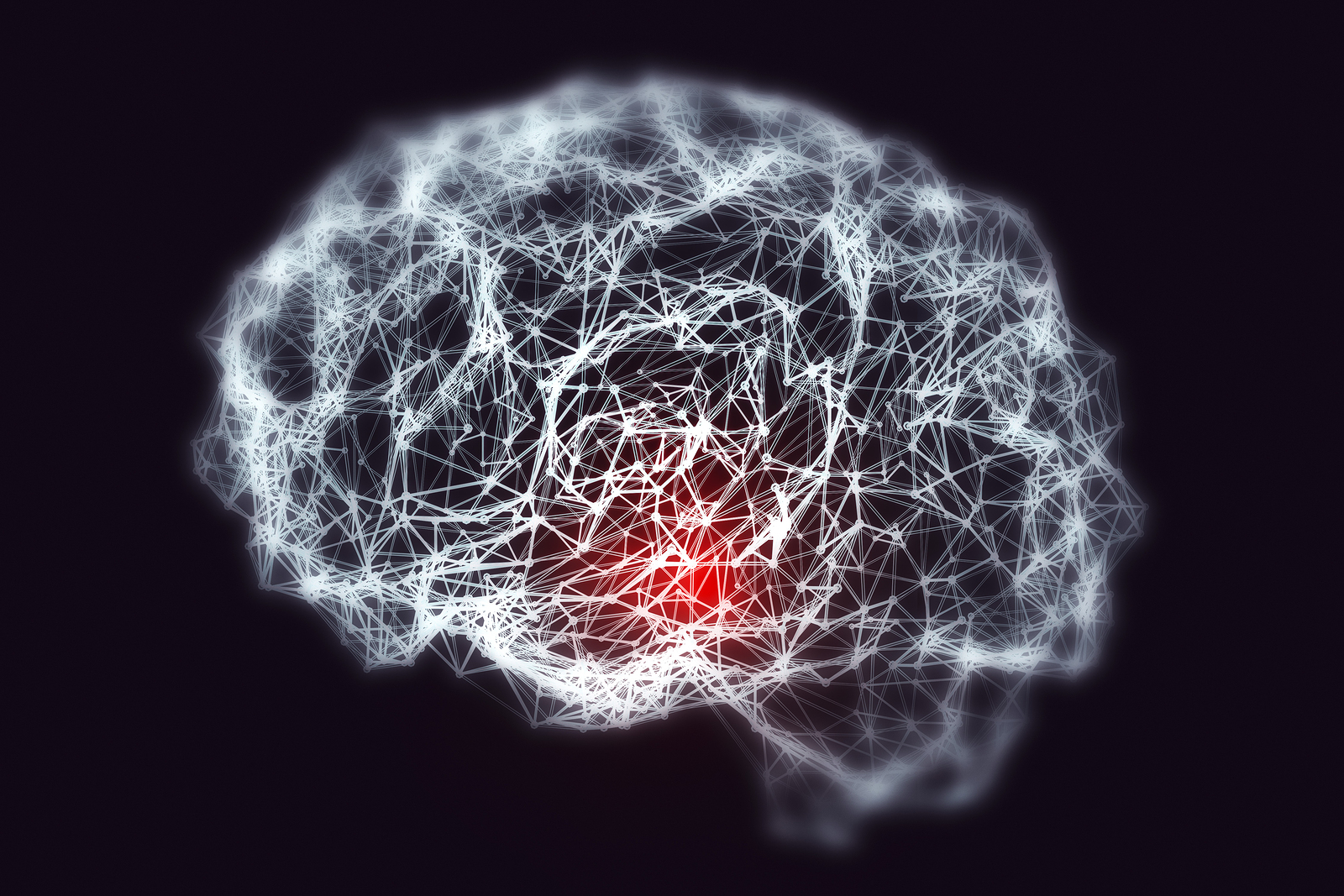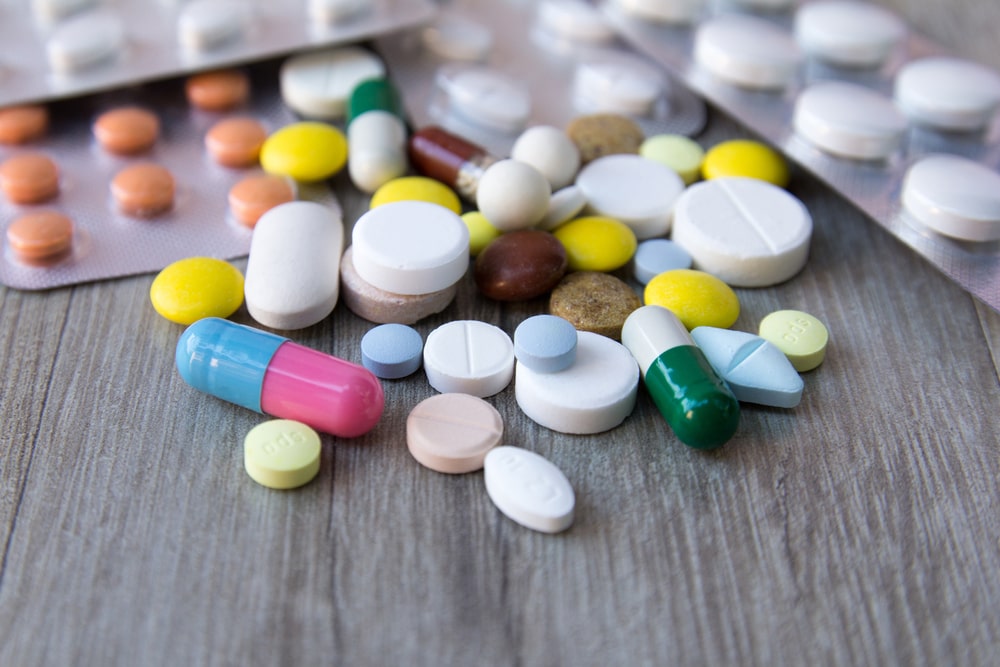
Alcoholism is a serious and unfortunately common addiction disorder. It is estimated that one in eight people in the U.S. is addicted to alcohol. Problem drinking and alcoholism cost the U.S. more than 249 billion dollars per year in lost workplace productivity, healthcare, and law enforcement expenditures. While alcoholism can cause an untold level of suffering for those who have it and their families, it’s not as easy as just putting down the drink and quitting cold turkey. With alcoholism, withdrawal symptoms are particularly severe and potentially dangerous. Relapse is also a grave risk for those in recovery, and repeated alcohol withdrawals can lead to a phenomenon called the kindling effect.
What is the Kindling Effect?
Kindling in alcoholism is similar to what happens when someone kindles a fire. Kindling a fire means to create a spark, and then ignite the fire. If someone starts a fire using a material that is already burning, such as hot coals, a fire is easy to kindle and start. When it comes to alcoholism, kindling effects are considered the main reasons why someone relapses, and repeated withdrawals are worsened.
When someone is addicted to alcohol and stops or cuts back on their drinking, they will experience withdrawal symptoms. These symptoms typically start between twelve and twenty-four hours after cessation. Symptoms of alcohol withdrawal may include the following:
Withdrawal symptoms happen because the brain and body are trying to return to a state of equilibrium, where they do not need alcohol to function. Detox happens when the body is trying to rid itself of alcohol toxins. Unfortunately, the intensity and pain of these withdrawal symptoms can compel someone to start drinking again to escape the pain and soothe their emotional distress.
During the kindling effect, the brain and body become incredibly sensitive to alcohol and the withdrawal symptoms that occur during cessation. Every relapse and subsequent detox from alcohol becomes more intense and painful. More severe withdrawal symptoms can occur because of the kindling effect during each incidence of relapse and withdrawal. The risk of seizures and a potentially dangerous condition called delirium tremens increase thanks to the kindling effect.
Who is at Risk of the Kindling Effect?
People who are in recovery for alcoholism, who have achieved sobriety, and relapsed several times are at risk of the kindling effect. In the kindling effect, each subsequent withdrawal period will have symptoms that are more severe and come on more quickly than before. Because of the dangers and risks associated with the kindling effect, receiving comprehensive aftercare services for maintaining sobriety from alcohol is imperative for the patient’s safety, health, and wellbeing.
How do Symptoms Worsen with Each Subsequent Withdrawal?
To understand the kindling effect, it’s important to know the medical basis for the kindling phenomenon. The roots of the kindling effect take place in a person’s brain chemistry, and the kindling effect was first discovered in the late 1960s when a neuroscientist named Graham Goddard performed experiments on rats. During the trials, Goddard electrically stimulated the rats’ brains each day and noticed the rats were having seizures when responding to other stimuli that would typically be too low to cause a seizure. What happened was the rats developed seizure disorders, and convulsions would start without any outside stimuli to trigger seizures. The kindling effect was named because Goddard believed that he had “kindled” the disorder epilepsy in rats.
What Other Substances can Cause Kindling Effects?
Sudden, rapid changes in neurochemistry can cause the kindling effect. Sedatives such as benzodiazepines are most likely to produce the phenomenon, while certain mental health disorders can come with kindling effects, too. In depression and bipolar disorder, subsequent episodes can be worse and last longer than the first episode of depression or mania. Intervention in addictions with sedatives, alcohol, and in bipolar disorder and depression is critical for preventing the kindling effect.

How is the Kindling Effect Avoided?
Medical intervention with alcoholism, addiction to sedatives, and other mental health disorders are crucial for avoiding the kindling effect. But achieving initial sobriety is not enough. To completely prevent kindling effects, aftercare and relapse prevention is essential.
Are there any Treatments for Kindling?
There is no cure for the kindling effect, just as there is no cure for addiction or mental health disorders. What can be done is the effective management of symptoms and relapse prevention. When it comes to alcohol addiction, specifically, attending a medical detox center is ideal for lessening withdrawal symptoms and also setting the patient up with comprehensive aftercare treatment programs.
Treatment for the kindling effect is mainly focused on keeping the patient safe. Certain measures can be taken to make them as comfortable as possible during the process. Therapies can be used to help patients manage the anxiety and distress that comes with painful alcohol withdrawal symptoms Medications can also be used to treat anxiety, depression, and prevent seizures. For many people suffering from kindling withdrawal symptoms, treatment can take several weeks.
How can Someone get Help for Addiction and the Kindling Effect?
People can quit alcohol cold-turkey and achieve sobriety. But it’s dangerous and also dramatically increases the chances of that person relapsing and developing the kindling effect. Attending an alcohol detox and rehabilitation center, staffed with knowledgeable counselors, therapists, and doctors is ideal. Attending aftercare treatment is also critical for preventing relapse and therefore, the kindling effect.
Aftercare treatment often involves one-on-one talk therapy sessions along with group therapy and support groups. In some cases, alternative treatment methods and family therapy may be recommended. But initial treatment and aftercare treatment are tailored to each patient,s and plans will look different for everyone. As long as a patient is committed to recovery, they can achieve and maintain sobriety for life.
Are you or a loved one struggling with alcoholism or drug addiction? It’s never too late to get help. Please contact the therapists at Mission Harbor Behavioral Health today to explore your treatment options.
Get Help Now
Alcohol addiction is extremely difficult to overcome on your own.. Seek specialized help and let professionals guide you in your recovery.

